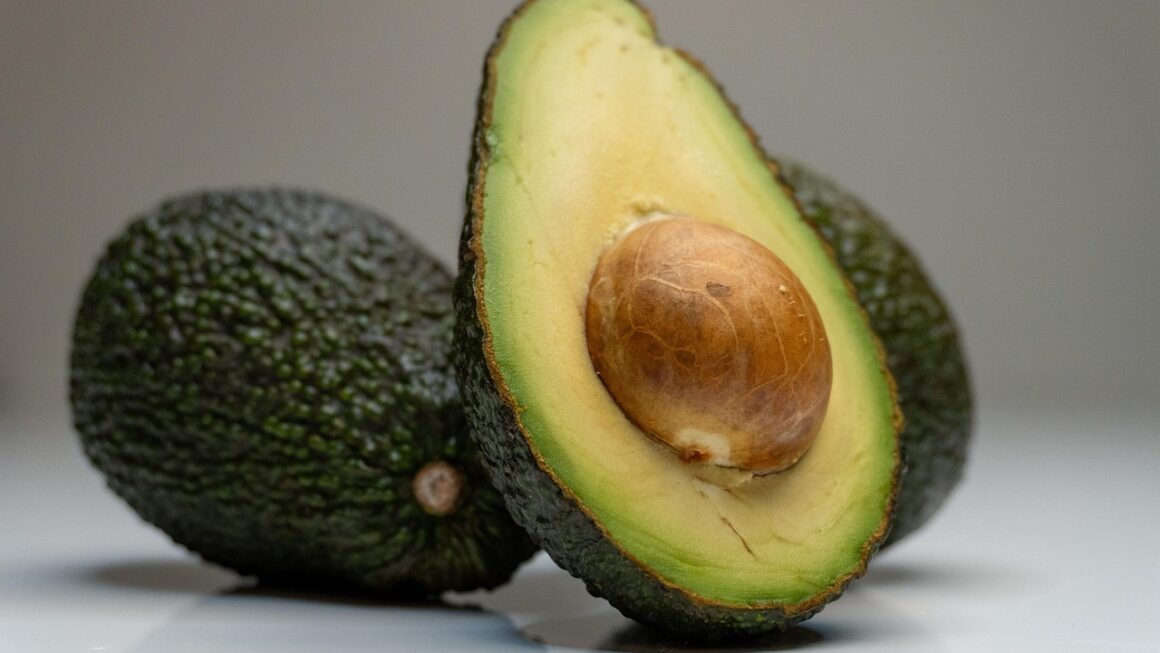In today’s health-conscious world, the term “sugar-free” has gained significant traction, transforming how individuals approach their diets. A sugar-free diet emphasizes the elimination of added sugars and often focuses on whole foods, allowing for numerous health benefits. As research continues to reveal the detrimental impact of excessive sugar consumption, more people are exploring sugar-free diets, seeking better health outcomes and lifestyle improvements.
What is a Sugar-Free Diet?
A sugar-free diet restricts the intake of all added sugars while allowing for varying levels of natural sugars found in whole foods like fruits and vegetables. This dietary approach is not just a trend; it’s a lifestyle choice aimed at reducing sugar-related health risks.
Types of Sugar-Free Diets
- Strict Sugar-Free Diet: Eliminates all forms of sugar, including natural sugars.
- Low-Sugar Diet: Allows for limited consumption of natural sugars in fruits and certain vegetables.
- Whole Foods Approach: Focuses on consuming unprocessed foods, inherently low in sugar.
Common Foods to Avoid
When starting a sugar-free diet, it’s essential to identify foods that are typically high in added sugars, including:
- Soft drinks and energy drinks
- Candy and chocolates
- Baked goods like cookies, cakes, and pastries
- Sweetened yogurt and cereals
- Processed sauces and condiments such as ketchup and barbecue sauce
Benefits of a Sugar-Free Diet
Transitioning to a sugar-free diet can yield numerous health benefits:
- Weight Management: Lower sugar intake can lead to reduced caloric consumption, aiding in weight loss.
- Improved Skin Health: Cutting down on sugar can help reduce acne and promote overall skin health.
- Better Blood Sugar Control: A sugar-free diet can improve insulin sensitivity.
- Reduced Risk of Chronic Diseases: Lower sugar intake is linked to decreased risk for heart disease, diabetes, and obesity.
Statistical Insights
According to a study published in the American Journal of Clinical Nutrition, diets high in added sugars are associated with increased risk of metabolic syndrome, an aggregation of risk factors such as high blood pressure and high blood sugar levels.
Practical Tips for Adopting a Sugar-Free Lifestyle
Transitioning to a sugar-free diet doesn’t have to be overwhelming. Here are actionable tips to ease the process:
- Read Labels: Always check the sugar content in food labels. Look for hidden sugars under various names like sucrose, fructose, and glucose.
- Opt for Natural Sweeteners: If you need sweetness, use options like stevia or monk fruit that do not spike blood sugar levels.
- Meal Prep: Prepare meals ahead of time to reduce the temptation of grabbing processed foods.
- Incorporate Whole Foods: Fill your plate with fruits, vegetables, lean proteins, and whole grains.
Simple Sugar-Free Alternatives
Replace sugary snacks with healthier options:
- Swap candy for fresh or dried fruits.
- Use unsweetened almond or coconut milk instead of sweetened versions.
- Choose dark chocolate (70% cacao or higher) over milk chocolate.
Navigating Social Situations on a Sugar-Free Diet
Maintaining a sugar-free diet can be challenging in social settings. Here are some strategies to make it easier:
- Inform Hosts: Politely inform friends and family about your dietary restrictions.
- Bring Your Snacks: Carry sugar-free snacks or desserts to gatherings.
- Choose Wisely: Select menu items that are naturally sugar-free or low in sugar when dining out.
Potential Downsides of a Sugar-Free Diet
While a sugar-free diet offers many benefits, it’s essential to be aware of potential downsides:
- Nutrient Deficiency: Eliminating certain food groups can lead to a lack of essential nutrients.
- Social Isolation: Limited dietary choices may affect social interactions.
- Withdrawal Symptoms: Some individuals may experience cravings and mood swings during the adjustment period.
Consulting with a healthcare provider or nutritionist can help mitigate these drawbacks and ensure a balanced intake of nutrients.
Conclusion
Adopting a sugar-free diet can be transformative, offering numerous health benefits such as improved energy levels, better weight management, and reduced risk of chronic diseases. With practical strategies and mindful choices, you can embrace this lifestyle while navigating social situations and ensuring nutrient balance. Remember, the goal is to create a sustainable lifestyle that promotes health without feeling deprived. Start slowly, and listen to your body as you embark on your sugar-free journey.




